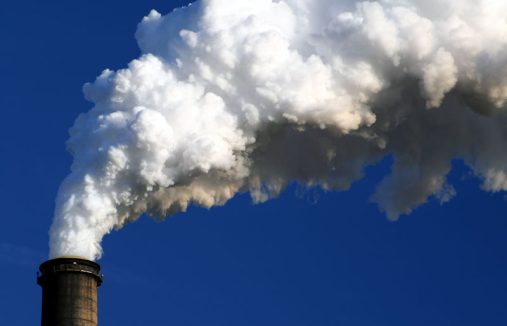The UK must scale-up decarbonisation of heat and transport, according to the International Energy Agency’s (IEA) latest in-depth review of UK energy policies.
Whilst the report praises the UK’s overall decarbonisation efforts, it stressed the need for greater investment in the transport and heat sectors if the country is to reduce its emissions in line with the Paris Agreement.
A mix of technology innovation and electrification will be required, stimulated by fiscal policies and energy efficiency to offset higher power costs.
To support the decarbonisation of the heat and transport sectors, the report recommends that the government promote electric and low-emission vehicles and development of a national charging network and design a scheme to replace the Renewable Heat Incentive, which closes in 2021.
It also recommends that the government ensure timely decisions on future Contracts for Difference auctions in order to provide certainty to project developers, as well as streamlining the regulatory framework for electricity wholesale and retail markets to ensure more effective and competitive markets.
The UK was praised however for its reduction in power-sector carbon emissions, which was in part accredited to renewable investment following the Electricity Market Reform.
However, to continue to see more renewables on the system, market rules will need to accommodate flexibility, including interconnections, storage and demand response.
Dr Faith Birol, executive director of the IEA, said: “The United Kingdom has shown real results in terms of boosting investment in renewables, reducing emissions and maintaining energy security.
“It now faces the challenge of continuing its transition while ensuring the resilience of its energy system.”
Universities minister Chris Skidmore, standing in for energy minister Claire Perry, said the report highlights the UK’s reputation as a world leader in the shift to greener economies.
“But we’re not complacent and we’re now on a path to become the first major economy to legislate for net-zero emissions to end our contribution to global warming entirely.”
High profile speakers and the conference programmes of recent international industry events such as Energy Storage Europe have emphasised the desirability of ‘sector coupling’, between the three sectors of heat, transport and power. For instance in promoting combined heat and power plants or vehicle-to-grid (V2G) technology, the combined aims of decarbonisation could be met through uniting the technologies and aims of the different sectors.









